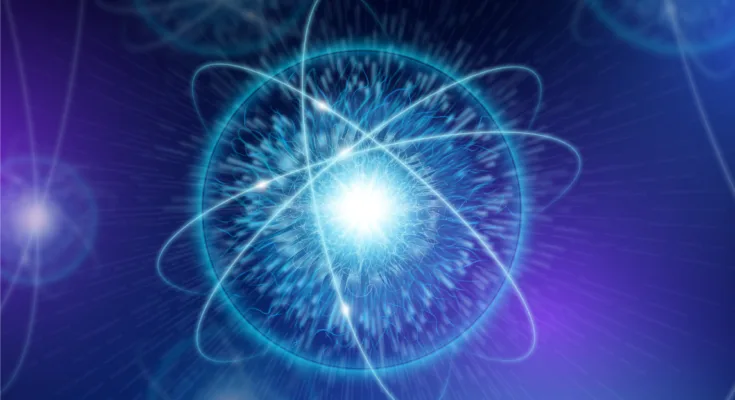There is the Higgs boson or God particle; it heels from the Standard Model of Particle Physics. It is linked to the Higgs field, a fundamental field which endows other fundamental particles like electrons and quarks with mass. The experimental observation of the Higgs boson in 2012 marked a breakthrough for particle physics by providing evidence on which field and mechanism acquired mass. We will investigate what the Higgs boson does and its role in our universe, questions that are often raised about this mysterious particle.
What is the Higgs Boson?
The Higgs boson is a fundamental particle related to the field of Higgs. It is the quantized excitation of this field, analogous to ripples on surface water. The Higgs boson is an absolutely new kind of particle, it could not be referred neither to elementary matter nor weak force carriers—the nuclear interactions. It was initially postulated in the middle of 1960s as a resultant from some symmetry-breaking mechanism that took place during early times.
The Higgs Field and Mass Generation
A new field called the Higgs filed was proposed in 1964 as that which permeates every bit of the entire universe. However, it gives mass to all fundamental particles through interacting with them. The Higgs field is a mandatory condition for having mass of particles and if there were none, then the universe as we know it would be completely different. The detection of the Higgs boson ascertained that a particular structure existed.
The Significance of the Higgs Boson
The finding of Higgs boson was a significant scientific discovery which supplied much needed proof for the Standard Model in particle physics. It also provided a mechanism through which the fundamental particles responsible for making up of universe attain their masses. Our current theory of the fundamental forces and particles that governs our universe involves the Higgs boson and Higgs field.
Conclusion
The Higgs boson is a fundamental particle closely linked with the so-called Higgs field, or what can be described as ‘mass giving’ fields. Its discovery in 2012 was a groundbreaking scientific breakthrough that became critical proof of the Standard Model of particle physics and greatly contributed to understanding how fundamental particles within universe get their mass. The Higgs boson and the Higgs field underpin our current understanding of the forces that govern fundamental physics.

FAQs
Q: We will discuss the Higgs boson and its importance.
A: The Higgs boson is a fundamental particle that couples with the so called, Higg’s field which can be defined as an elementary source of mass to other primordial particles. In fact its discovery supported the theory of Higgs field and prove it’s contribution to mass generation hence a milestone towards standard model understanding.
Q: What led to the discovery of Higgs boson?
A: The Higgs boson was discovered by scientists using the most powerful particle accelerator in 2012, which is LHC. Experiments at the LHC led to this breakthrough, which revealed that there is a Higgs field and identified the mechanism of mass formation.
Q: To what extent is the Higgs boson related to the Higgs field?
A: The Higgs boson corresponds to the quantum excitation of the Higgs field. The particle that gives weight to other fundamental particles is a product of this field. Finally, the Higgs boson is established and its long-awaited field was discovered which explains why mass generation occurs.
Q: What provides the name God’s particle to Higgs boson?
A: The name ‘God Particle’ was used by a Nobel Prize physicist Leon Lederman to describe the book on Higgs – boson. This refers to the nature of elusive in particle and fundamental role played local mass generation. On the other hand, physicists consider this term inaccurate and prefer to use “Higgs boson,” as its name.
Q: What does the finding of Higgs boson mean?
A: The implications of the find have been felt tremendously in the understanding of fundamental forces and particles that govern our universe. It has offered vital evidence for the Standard Model of particle physics and allowed to understand how fundamental particles have got their mass.




